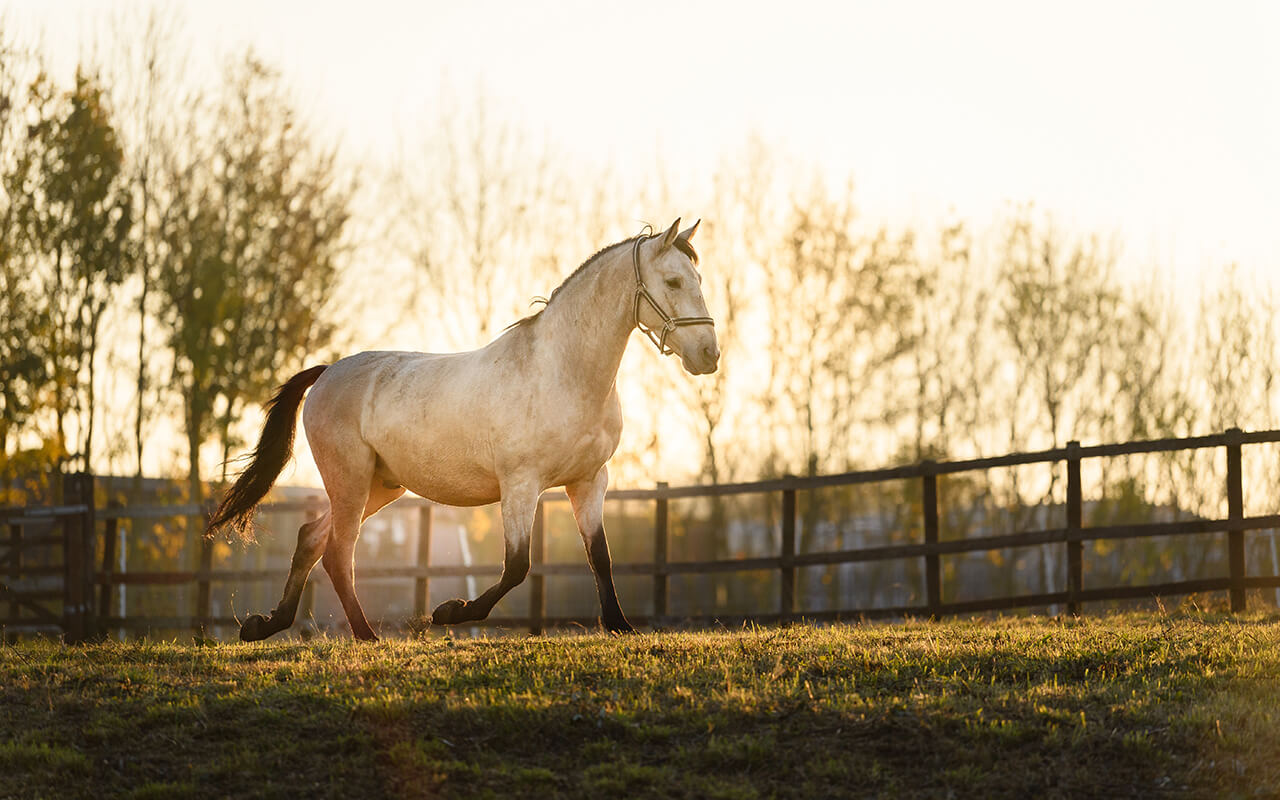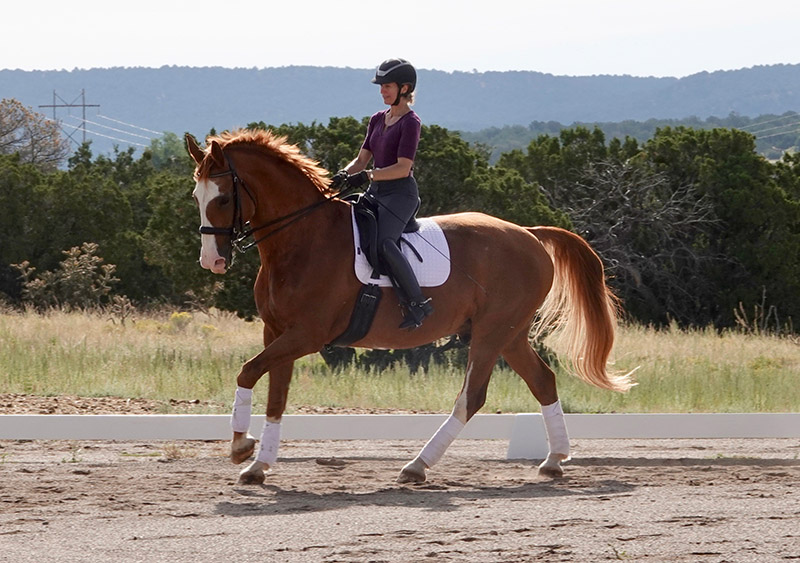Managing the weight of an Andalusian horse is crucial for ensuring their overall health and performance. These magnificent creatures, known for their graceful movements and strong build, require special attention to maintain their optimal weight. In this article, we will explore effective strategies for Andalusian horse weight management, providing insights into dietary needs, exercise routines, and monitoring techniques. Whether you are a seasoned horse owner or new to the world of Andalusians, understanding how to manage their weight is key to their well-being.

The Importance of Weight Management in Andalusian Horses
Weight management is not just about keeping an Andalusian horse looking fit; it is vital for their health. Excess weight can lead to numerous health issues such as laminitis, joint problems, and decreased stamina. Conversely, being underweight can weaken their immune system and reduce muscle mass. Therefore, maintaining an ideal weight is essential for their longevity and quality of life.
Understanding the Ideal Weight Range for Andalusian Horses
The ideal weight of an Andalusian horse can vary depending on age, gender, and activity level. On average, these horses weigh between 1,100 and 1,300 pounds. However, it’s important to assess each horse individually, considering factors such as body condition score and overall health.
Learn more about the Andalusian horse’s spirit.
Dietary Considerations for Optimal Weight
Nutrition plays a vital role in managing an Andalusian horse’s weight. A balanced diet should consist of high-quality hay, grains, and supplements. It’s crucial to provide enough fiber while regulating sugar and starch intake. Working with a veterinarian or equine nutritionist can help create a diet plan tailored to your horse’s specific needs.
Exercise and Activity Levels
Regular exercise is essential for maintaining a healthy weight. Engaging Andalusian horses in activities such as riding, lunging, or turnout can help burn excess calories and keep them fit. It’s important to establish an exercise routine that matches their fitness level and gradually increase intensity as needed.
Monitoring Weight Changes
Regularly monitoring your horse’s weight is key to successful management. Use a weight tape or scale to track changes and adjust their diet and exercise accordingly. Observing their body condition score and consulting with a veterinarian can provide valuable insights into their overall health.
Common Challenges in Weight Management
Managing the weight of an Andalusian horse can present challenges. Some horses may have a tendency to gain weight easily, while others struggle to maintain it. Understanding these challenges and adapting your approach can help ensure your horse remains healthy and happy.
Dealing with Overweight Horses
If your Andalusian is overweight, it may require a more controlled diet and increased exercise. Limiting high-calorie treats and providing ample turnout can aid in weight loss. Collaborating with a veterinarian can help develop a safe and effective weight loss plan.
Addressing Underweight Horses
For underweight horses, it’s important to identify the underlying cause. Factors such as dental issues, parasites, or underlying health conditions can contribute to weight loss. Adjusting their diet to include higher calorie feeds and ensuring they receive adequate nutrition is crucial for restoring their weight.
The Role of Routine Health Checks
Regular health check-ups are vital for effective weight management. Routine veterinary visits can help identify potential issues early and ensure your horse remains in optimal condition. Vaccinations, dental care, and parasite control are essential components of a comprehensive health plan.
The Impact of Age and Activity Level
Age and activity level significantly influence a horse’s weight management needs. Young horses may require more calories to support growth, while older horses might need a diet tailored to their reduced activity. Understanding these factors can help you adjust their care accordingly.
Seasonal Considerations
Seasonal changes can impact a horse’s weight. During winter, horses may require more calories to maintain body heat, while in summer, they may need less due to increased activity. Adjusting their diet and exercise routine to accommodate seasonal variations is essential.

The Benefits of Professional Guidance
Seeking professional guidance from veterinarians and equine nutritionists can provide valuable insights into weight management. These experts can offer personalized advice and help create a comprehensive care plan for your Andalusian horse.
FAQs on Andalusian Horse Weight Management
Q: How often should I weigh my Andalusian horse?
A: It’s recommended to weigh your horse every 4-6 weeks to monitor changes and adjust their care plan accordingly.
Q: What should I do if my horse is gaining weight unexpectedly?
A: Consult with a veterinarian to rule out any underlying health issues and adjust their diet and exercise routine as needed.
Q: Can I use a weight tape to measure my horse’s weight?
A: Yes, a weight tape is a useful tool for estimating your horse’s weight and tracking changes over time.
Explore more about Andalusian horses.
This article contains affiliate links. We may earn a commission at no extra cost to you.








